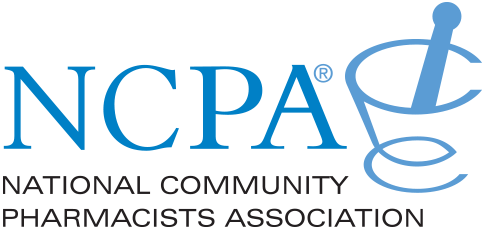
NCPA to CMS: Pharmacists May Bail on Medicare Drug Price Negotiation Program

Key Takeaways
- Nearly 20% of independent pharmacists refuse to stock MDPNP drugs, with 67% considering non-participation due to business concerns.
- 86% of surveyed pharmacists are contemplating not stocking MDPNP drugs, highlighting significant apprehension.
Cash flow problems, revenue loss would make participation untenable.
ALEXANDRIA, Va. (Sept. 4, 2025) – Almost 20 percent of independent pharmacists say they won’t stock drugs in the Medicare Drug Price Negotiation Program, and another 67 percent say they also might not participate, according to a new survey by the National Community Pharmacists Association.
“Independent pharmacists want this program to work, and they want to participate,” says NCPA CEO B. Douglas Hoey. “But the program must be implemented in a way that makes business sense or independent pharmacies won’t be able to participate to help make the program successful.”
NCPA laid out the survey findings in a letter to Mehmet Oz, head of the Centers for Medicare & Medicaid Services (CMS). According to the survey of independent pharmacists:
- 86 percent are considering not stocking the MDPNP drugs or have decided not to stock them.
- When asked if they have enrolled in the Medicare Transaction Facilitator (MTF), 39 percent stated yes, their pharmacy/all their pharmacies were enrolled, 31 percent stated no, they have not begun the enrollment process, and 22 percent stated no, but they have begun the enrollment process (with the remainder of respondents saying that they began but gave up (4 percent), they haven’t and do not know what MTF is (4 percent) or that their pharmacy does not participate in any Medicare Part D network (0.2 percent)).
- When asked if they have declined one or more PBM contracts for 2026, 47 percent said yes, with the majority of those (62 percent) being from Express Scripts.
- 87 percent stated that they have not finalized all their contract year 2026 Part D contracts and do not know which plans they will be participating in.
NCPA has been warning CMS for more than a year that the program will not be successful if changes aren’t made that address the business concerns. The organization submitted comments in July of last year predicting that flaws in the program, if not corrected, will discourage independent pharmacies from participating. If that happens, millions of patients who would benefit from lower prices will be stranded without a nearby pharmacy.
“Almost a third of all Medicare Part D patients get their medicines from independent pharmacies,” says Hoey. “If the program is a net liability for independent pharmacies, they won’t be able to participate. And if they can’t participate, the success of the whole program is in jeopardy. Our letter to CMS outlines common sense recommendations to help assure the success of the program and achieve the objectives of lowering drug costs and optimizing medication effectiveness.”
Note: This
Newsletter
Stay informed on drug updates, treatment guidelines, and pharmacy practice trends—subscribe to Pharmacy Times for weekly clinical insights.





















